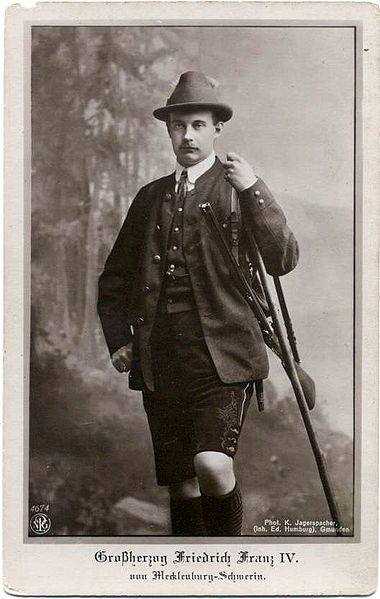I read Blake Zeff's recent article on gun control and found myself unexpectedly impressed. The piece begins with this simple premise:
There's a reason that nothing's happening to improve gun safety in America despite the mass shootings that now occur so regularly: No one in power is scared of the gun control movement.
And he proceeds from there to discuss not so much the "why" of gun control, which becomes so immediately repetitive in the wake of so many recent shootings, but the "how." Taking his cues from the movement to legalize same-sex marriage, he explores how gun control advocates need to be willing to invest financially in the cause and to take control of how the debate is framed. Both are pragmatic suggestions and both have worked very well for the same-sex marriage movement. It is an interesting exploration of the technology of politics.

Zeff also attempts to locate the major obstacle that gun control will face that same-sex marriage will not. For him, this is the established opposition represented symbolically (and fiscally) by the NRA. Now, I am skeptical that opposition movements to same-sex marriage can really be described as "relatively weak and poorly organized," except in places where it likely would have made no difference to begin with, but the political might of the NRA does make for a substantial hurdle to overcome.
Zeff does not, however, note a more crucial difference between the two movements. The press for same-sex marriage was, fundamentally, an attempt to expand a set of rights (as we conceive of them). Gun control, for whatever its merits may be, is an attempt to narrow a set of rights. It is critical to note that I am not saying that owning an assault weapon ought to be a right. For that matter, I am not saying getting married should be either. In simple pragmatic terms, however, where same-sex marriage has been permitted, people have been allowed to do something legally that they could not previously. Were gun control enacted, something that people could once do legally would no longer be licit.
You can frame the position as a libertarian one, as Zeff does. You can cite statistics about gun violence. You can appeal to examples of European nations with little to no gun crimes. You can reframe the parameters of the debate, restructure the narrative as much as you want. At the end of the day, Americans have a deeply ingrained cultural aversion to abridging rights. One need only look at Prohibition, that most dramatic of all prohibitive laws, and note that it took nearly one hundred years of temperance movements to see Prohibition amended to the Constitution and only thirteen years of spotty or non-existent enforcement to see it repealed. Once Americans have a taste of something or even the knowledge of the potential to taste of something, telling them they can't have it violates a spirit that permeates our society.
Zeff notes that the statistical data which shows a small majority of Americans in favor of at least some form of gun control is rendered pragmatically meaningless when the question of who will be motivated to translate those positions into votes. it is my suspicion that many people who will never own an assault rifle, even people who will never own a gun, when the time comes to decide whether or not to restrict a activity they have no intention of participating in, they will react viscerally and decisively. The Enlightenment sense of entitlement, of rights, is more essential to American culture even than Christian morality. To overturn it will require a more herculean effort even than the marginal gains that have been made toward legalizing same-sex marriage.
That is not to say it can't be done. It obviously can be. Americans have, from time to time and with varying degrees of permanence, broached new frontiers of government restriction of behavior. It is not typical, but it is possible. What's more, it is not even my intention to argue against trying to achieve gun control. While I recognize that pressing gun restrictions, even to the point that we already have, is antithetical to the spirit of those founders who drafted and supported the Bill of Rights, I also don't owe them any particular loyalty. I'd be happier in an America with fewer guns. Or no guns, since in my experience they exist primarily for sport hunting and violence directed at people--aggressive and defensive, licit and illicit.
All of that is beside the point. The point is that Zeff, while making an interesting and likely constructive argument for the mechanics of achieving gun control, fails to accurately grasp the problem of his parallel to same-sex marriage. This is not like knowing how to grow cucumbers and using that to learn how to grow squash. This is like knowing how to grow cucumbers and trying to use that to learn how to ungrow them. It's a whole different ball game.


